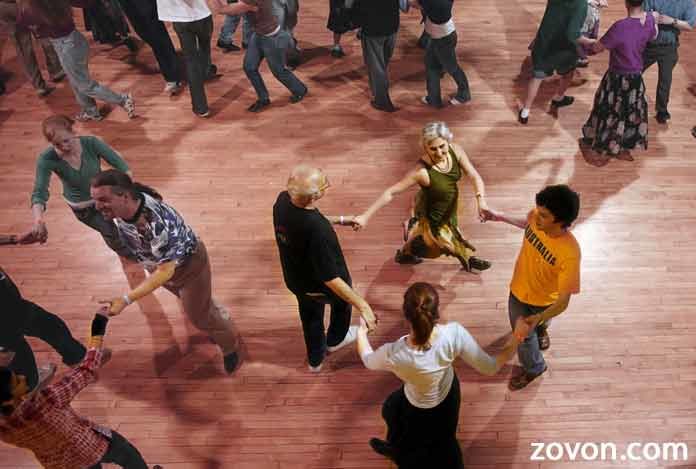
A new study suggested that dance classes in comparison to conventional exercise can help improve balance and boost specific regions of brain related to learning and memory in a better way. The research included 52 seniors and compared data between those, who were engaged in dance classes with the ones, who were on usual exercise routine like brisk walking.
The older adults, who were taking dance classes on a weekly basis, showed enhanced balancing ability, while participants, who were just doing traditional exercises showed no significant improvements. The study also indicated that those, who were taking dance lessons, earned brain-related benefits as well.
Patrick Muller, one of the researchers of the study, suggested an explanation: The “multimodal” nature of dance — its physical and mental components — might be behind the extra brain boost. Seniors in the dance group had to continually learn and “imprint” new steps, explained Muller, a Ph.D. candidate at the German Center for Neurodegenerative Diseases in Magdeburg, Germany.
Along with that mental challenge, he said, dance also involves coordinating movement with music — which itself affects the brain. Plus, there’s the fun, Muller noted.
Published in Frontiers in Human Neuroscience, the study included healthy people, aged 65-69. Half of them were assigned to take dance classes for 18 months and the rest were asked to do general exercise, such as walking, stretching and strength training.
In the dance classes, researchers changed the dance form after every few weeks; from Latin to line dancing to jazz. Only 14 seniors aligned to dance group and 12 to traditional exercises stayed with the program for the complete 18 months.
The study indicated that the dancers showed sharp improvements on brain balancing test. However, both the groups had increased hippocampal volume with dancer group having more changes in the sub-regions of hippocampus.
According to Muller, hippocampus is important because it reduces with age and gets affected it is affected in dementia or Alzheimer ‘s disease.
“Further research is needed to clarify whether this intervention truly has the potential to reduce the risk of neurodegenerative diseases such as Alzheimer’s,” said Muller.
Muller further commented that dance might have some advantages over repetitive physical activities. He finally suggested that exercise in general along with a healthy lifestyle could help brain to stay young for long.




